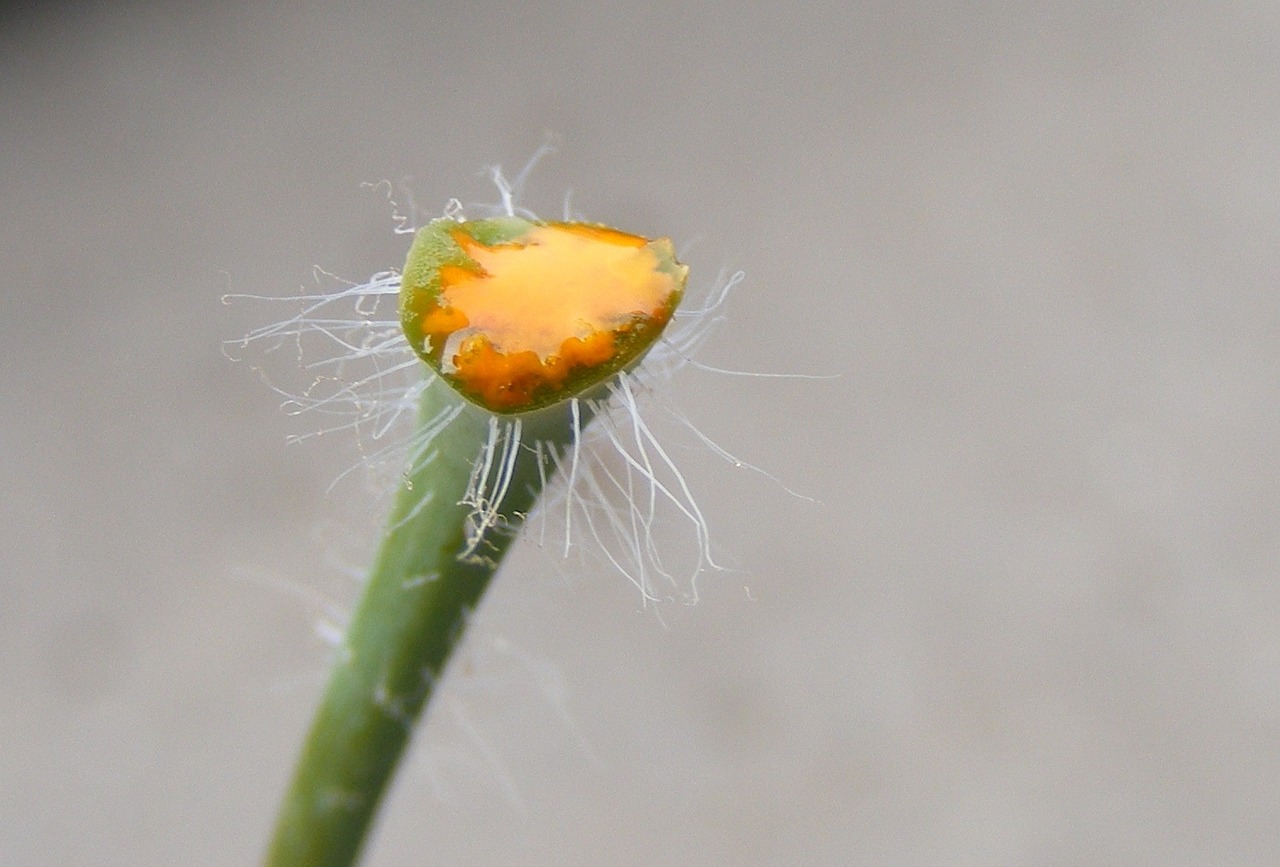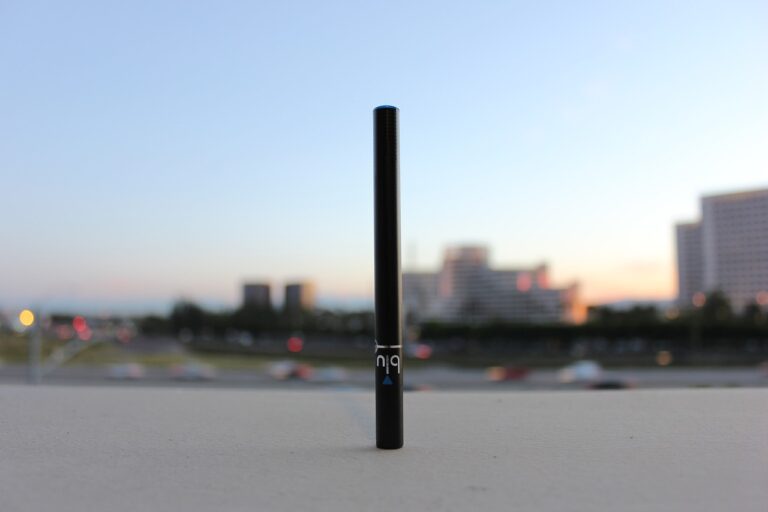Integrating aromatherapy into cancer symptom management: Laser 247 new id login, Lotus betting sign up, 11xplay.pro
laser 247 new id login, lotus betting sign up, 11xplay.pro: Integrating aromatherapy into cancer symptom management
Cancer is a devastating disease that affects millions of people worldwide. While modern medicine has made significant advancements in treating cancer, many patients still struggle with managing the side effects of their treatment. This is where alternative therapies like aromatherapy can play a crucial role in helping cancer patients cope with their symptoms and improve their quality of life.
What is aromatherapy?
Aromatherapy is a holistic healing treatment that uses natural plant extracts, known as essential oils, to promote health and well-being. These essential oils are extracted from various parts of plants and are believed to have therapeutic properties that can help alleviate symptoms of various health conditions, including cancer.
How does aromatherapy help cancer patients?
Cancer patients often experience a range of physical and emotional symptoms as a result of their disease and treatment. These symptoms can include pain, nausea, anxiety, depression, fatigue, and difficulty sleeping. Aromatherapy can help alleviate these symptoms and enhance the overall well-being of cancer patients in the following ways:
1. Pain management: Certain essential oils, such as lavender and peppermint, have analgesic properties that can help reduce pain levels in cancer patients. By using these oils in massage or inhalation therapy, patients can experience relief from pain without the need for additional medications.
2. Nausea relief: Chemotherapy and radiation therapy often cause nausea and vomiting in cancer patients. Essential oils like ginger and lemon can help alleviate these symptoms and improve the patient’s quality of life during treatment.
3. Anxiety and depression: The emotional toll of cancer can be overwhelming, leading to anxiety and depression in many patients. Aromatherapy with oils like chamomile and ylang-ylang can help calm the mind, reduce stress levels, and uplift the spirits of cancer patients.
4. Fatigue management: Cancer treatment can leave patients feeling exhausted and drained of energy. Essential oils like eucalyptus and rosemary are known for their invigorating properties and can help boost energy levels and combat fatigue in cancer patients.
5. Sleep support: Many cancer patients struggle with insomnia and other sleep disturbances. Aromatherapy with oils like lavender and bergamot can promote relaxation, improve sleep quality, and enhance overall sleep patterns in cancer patients.
How can cancer patients incorporate aromatherapy into their symptom management?
Cancer patients interested in integrating aromatherapy into their symptom management can work with a qualified aromatherapist to develop a personalized treatment plan. Aromatherapy can be administered through various methods, including:
– Inhalation: Using a diffuser or inhaler to breathe in the aroma of essential oils.
– Massage: Diluting essential oils in a carrier oil and applying them to the skin during a massage.
– Bathing: Adding a few drops of essential oils to a warm bath for a relaxing experience.
– Compress: Soaking a cloth in a mixture of essential oils and warm water to apply to the skin.
– Room spray: Spraying a blend of essential oils in the air to create a soothing atmosphere.
It’s essential for cancer patients to consult with their healthcare provider before starting any aromatherapy treatment to ensure it’s safe and appropriate for their specific condition.
What are the potential risks and contraindications of aromatherapy for cancer patients?
While aromatherapy is generally considered safe for most people, cancer patients should be aware of certain risks and contraindications associated with essential oils. Some essential oils may interact with cancer treatments or medications, so it’s crucial to consult with a healthcare provider before using aromatherapy.
Additionally, some individuals may be sensitive or allergic to certain essential oils, which can lead to skin irritation or other adverse reactions. Cancer patients with a history of allergies or skin sensitivities should proceed with caution and perform a patch test before using essential oils topically.
FAQs
Q: Is aromatherapy a cure for cancer?
A: Aromatherapy is not a cure for cancer but can help manage symptoms and improve the quality of life for cancer patients.
Q: Can essential oils interfere with cancer treatments?
A: Some essential oils may interact with cancer treatments or medications, so it’s essential to consult with a healthcare provider before using aromatherapy.
Q: How often should cancer patients use aromatherapy?
A: The frequency of aromatherapy treatment can vary depending on the patient’s symptoms and needs. It’s best to work with a qualified aromatherapist to develop a personalized treatment plan.
Q: Can aromatherapy be used in conjunction with other therapies?
A: Aromatherapy can complement other therapies like chemotherapy and radiation therapy but should be used under the guidance of a healthcare provider.
In conclusion, integrating aromatherapy into cancer symptom management can offer cancer patients a natural and holistic approach to alleviate their physical and emotional symptoms. With the guidance of a qualified aromatherapist and healthcare provider, cancer patients can explore the benefits of essential oils and improve their overall well-being during their cancer journey.







